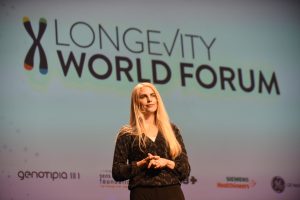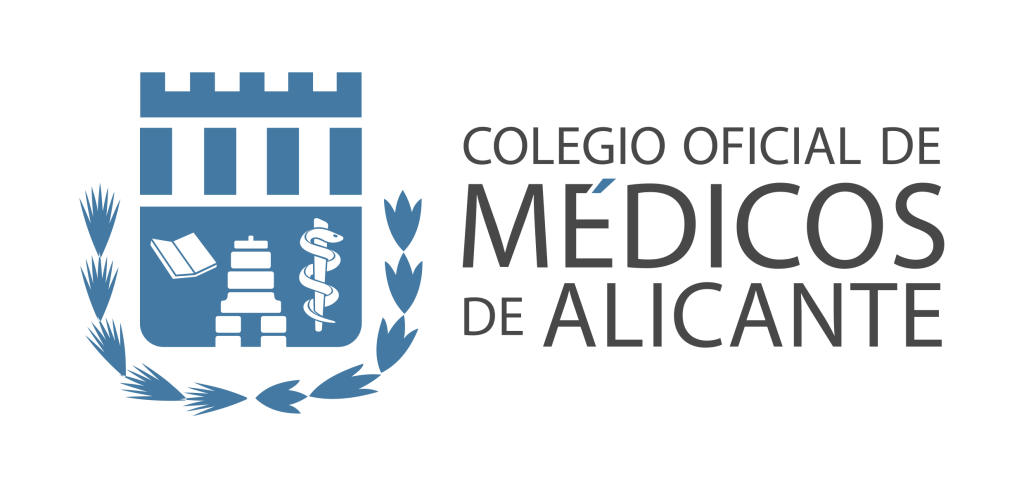Nutrition as a key intervention in order to maintain health and promote healthy aging. This is the idea that José Viña, professor of physiology of the University of Valencia, has defended for many years, based on his work at the head of the research group Freshage. To this end, he highlights some “serious impediments” currently faced in this respect, such as the fact that “up to 40% of people over the age of 65 in Europe suffer from protein deficiency.”
Furthermore, Dr José Viña emphasises the need not only to provide supplementation to older people, but to do so in a personalised manner. In this way, although longevity depends by approximately 30% on genetics, “we have a margin for manoeuvre for life expectancy. Without doubt, improvements in physical exercise, nutrition, stress control and preventive medicine can greatly increase the quality of life of older people,” he explains.
With regard to the current debate on calorie restriction, José Viña acknowledges that this is “the best intervention to prolong longevity”. However, although its mechanisms have been widely studied since 1930, the professor explains the limitations. “The problem we face with human beings is that this is an intervention that is very uncomfortable to carry out. Always stopping short of malnutrition, few people are willing to restrict food so much that they have a permanent feeling of hunger or discomfort.”
Specifically, the myths and realities of life expectancy will be the focus of Dr Viña’s presentation at the Longevity World Forum, the international congress that will be held on 13, 14 and 15 November in Valencia. Here, he will share his knowledge with other authoritative voices on the subject such as Rafael de Cabo, chief of the Translational Gerontology Branch of the National Institute on Aging in Baltimore (USA); Pura Muñoz, researcher of the Spanish National Centre for Cardiovascular Research (CNIC), who has this year received the Jaume I Prize for Medical Research for her contributions on the molecular mechanisms of aging; Manuel Serrano, a doctor and professor who is currently working on the ICREA programme of the Institute for Research in Biomedicine of Barcelona (IRB Barcelona) leading research into senescence and cellular plasticity; and María Blasco, director of the Spanish National Cancer Research Centre (CNIO) who has recently managed to increase longevity without genetic intervention on mouse models born with longer than usual telomeres.





